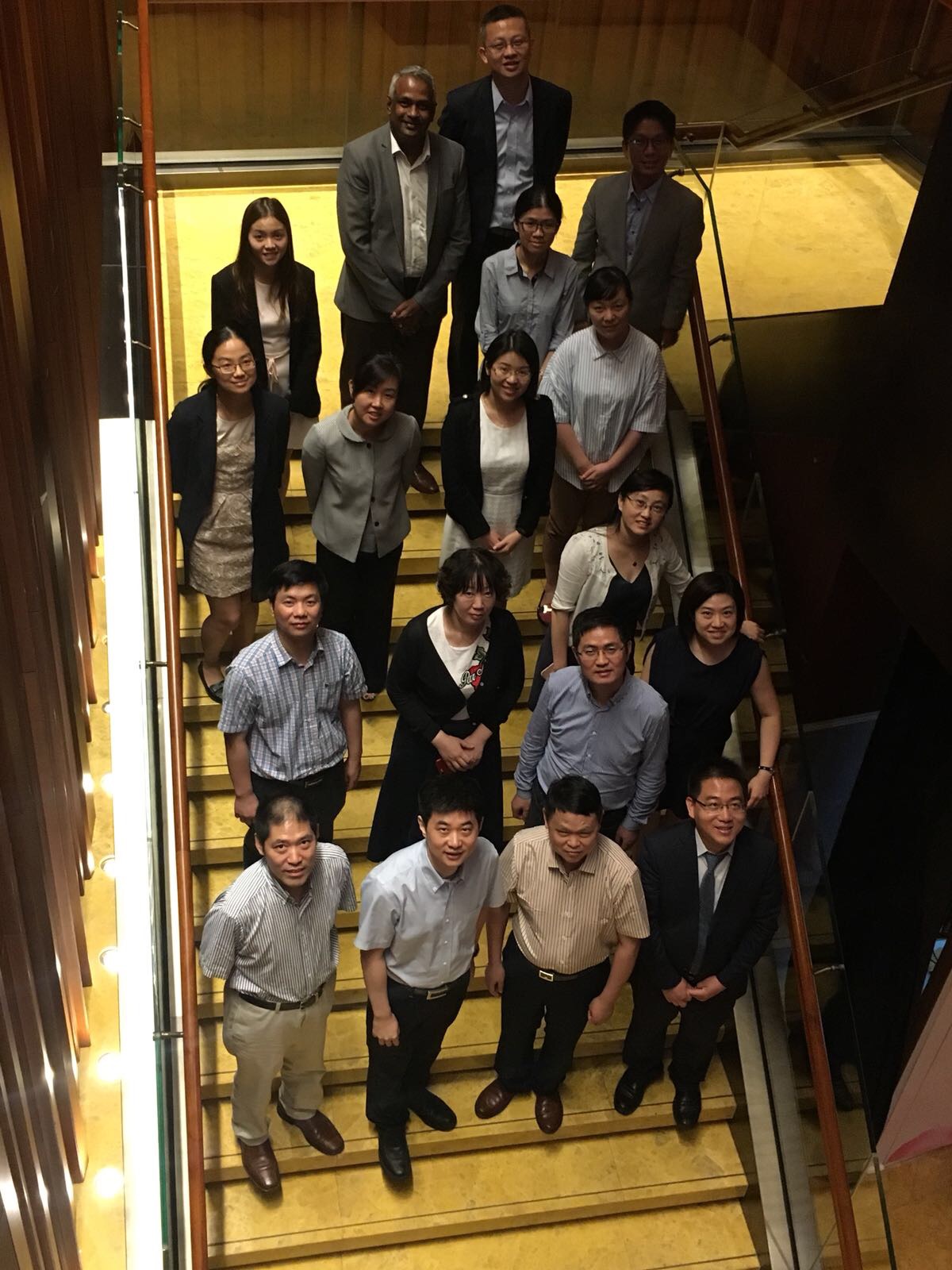Breast Cancer Advisory Board Meeting

Breast cancer advisory board meeting on CDK4/6 inhibitor was held in Mandarin Oriental Hotel.
The topic of this meeting was “Managing HR+ HER2- mBC: Understanding current treatment practices and challenges”. Featured expert panel included Prof. Binghe Xu from Beijing and Prof. Shusen Wang from Guangzhou. The rest experts were from Mainland China and Macau.
There were 3 objectives of this meeting. Firstly, we wanted to share insights on the current HR+ HER2- mBC management practices in mainland China and Macau. Secondly, we hoped to discuss the clinical development of CDK4/6 inhibitors in the treatment of HR+ HER2- mBC and identify data and education gaps. Last but not least, we hoped to understand the HR+ HER2- mBC patient journey from diagnosis to treatment.
Prof. Herei Yao gave a presentation on the overview of the HR+ HER2- mBC landscape and Dr. Yabing Cao shared the ESMO guideline updates on CDK4/6 inhibitors. In the discussion section, all participants shared their opinions on how to select patients that maybe benefit from CDK4/6 inhibitor.
In real world setting, since the new drug cost are high and there are more choices of hormonal therapies, oncologist from mainland China would use AI as first line treatment for MBC and then postpone AI+CDK4/6 in second line. There will be emerging development of 2nd and 3rd generation of CDK4/6 inhibitors. It is expected that they have similar pharmacokinetic profile while improved AE profile. Another question is how to select treatment among these new drugs. With more and more ongoing clinical trials releasing data, we will have sufficient evidence to answer to this question.
Another discussion is about the choice of treatment in frontline therapy among HR positive and HER2 negative patients. Since Fulvestrant single agent archived a PFS of 16.4 months in FALCON study, and Palbociclib/Femara combination had PFS of 24.8 months (PALOMA-2), which treatment will be a better choice? In this question we should think about the feasible of treatment, and visceral conditions. Palbociclib/Femara seems to be more potent and works in both with or without visceral metastasis. For those without visceral metastasis lesions, Fulvestrant is more favourable.
Finally, Dr. Jiajia Huang and Dr. Yabing Cao shared a few interesting cases to show the significant efficacy of Palbociclib on heavily pre-treated MBC patients.
All participants joined discussion and highly appreciated this meeting. MSCO is always passionate to organize meaningful and fruitful scientific meetings.


